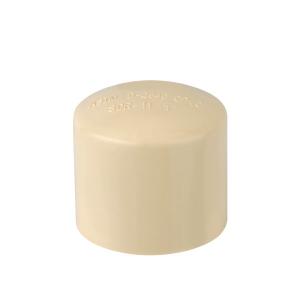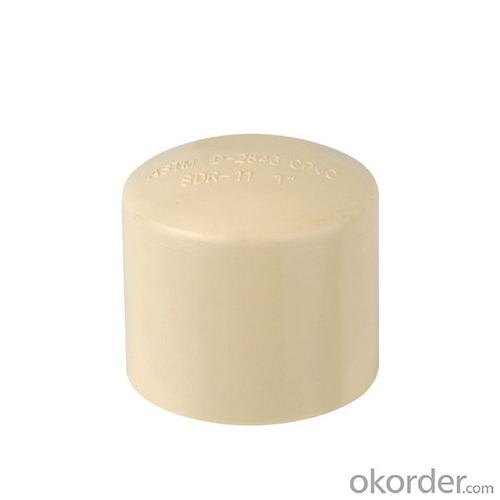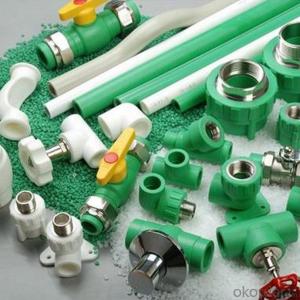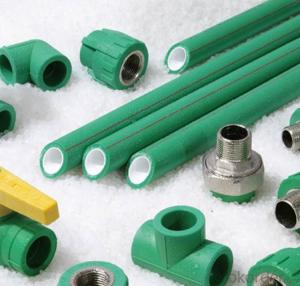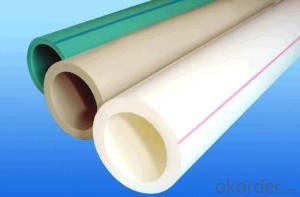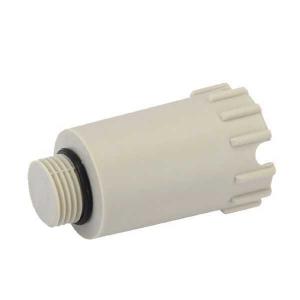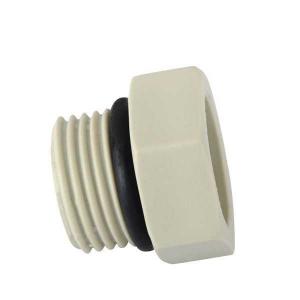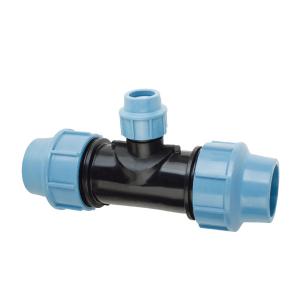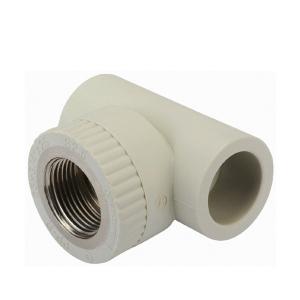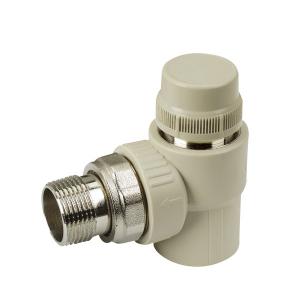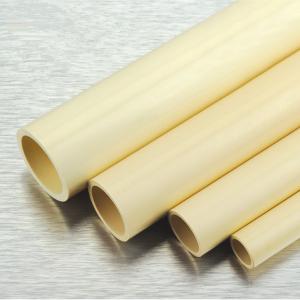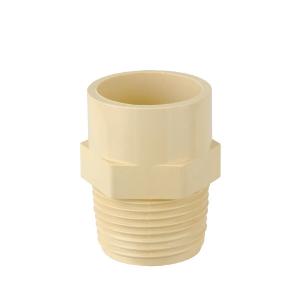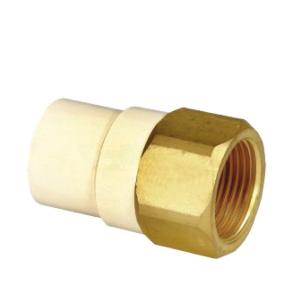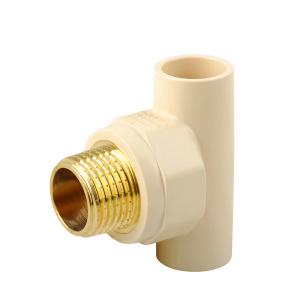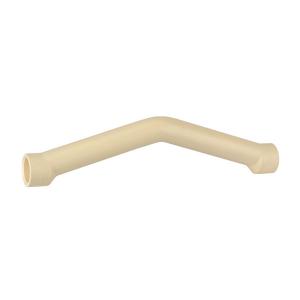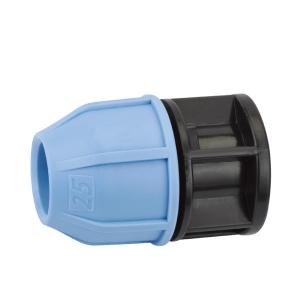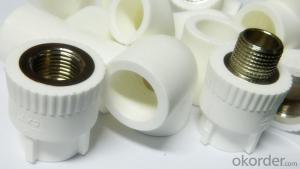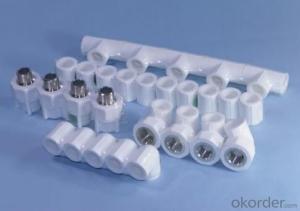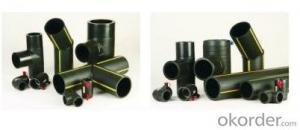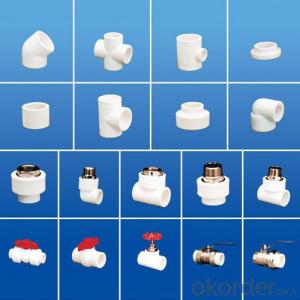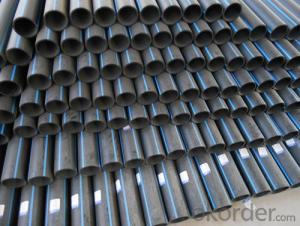Plastic Pipe Fittings Lowes CPVC End Cap ASTM D2846 1/2 to 2 CPVC Plastic Cap
- Loading Port:
- Ningbo
- Payment Terms:
- TT or LC
- Min Order Qty:
- 500 pc
- Supply Capability:
- 100000 pc/month
OKorder Service Pledge
OKorder Financial Service
You Might Also Like
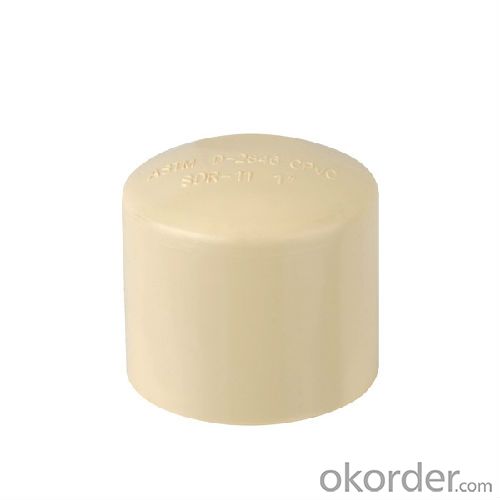
| Quick Details | |
| Material: Plastic | Connection: glue |
| Technics: injection | Shape: Equal |
| Type: Cap | Head Code: round |
| Place of Origin: China (Mainland) | Color: beige |
| Model Number: CDS009 | Size: 1/2"~2" |
| Certification: NSF, ASTM D2846 |
| Packaging & Delivery | |
| Packaging Details: | 51.5*40*550px; 49*39*950px; 39*25.5*625px |
| PE poly bag+ carton | |
| 385-1130 CTNS/ 20 CONTAINER; 935-2740 CTNS/ 40HQ | |
| Delivery Detail: | 15 days. |
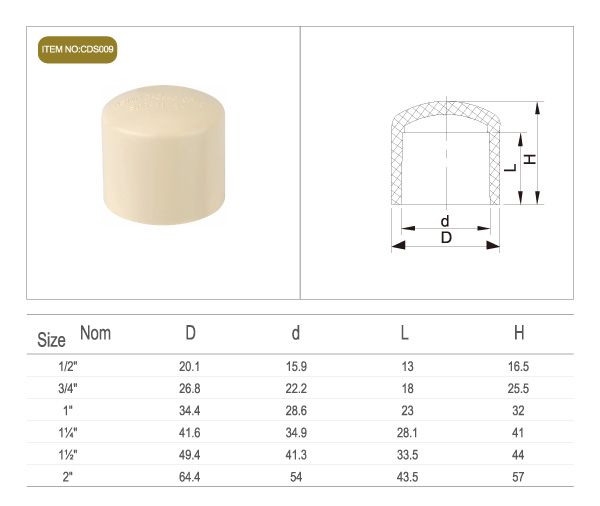
Specifications
Material: CPVC
Standard: ASTM D-2846
Pressure: PN25(2.5Mpa)
Size: 1/2"-2";
Color: beige
Certificate: ISO9001, ISO14001,NSF
CPVC END CAP
1.material CPVC
2.size:1/2"to2"
3.standard:ASTM D-2846
4.Certification:ISO9001 ISO14001,NSF
5.best price,excellent quality,quick delivery
Advantages:
1) Healthy, bacteriological neutral, conforming to drinking water standards
2) Resistant to high temperatures, good impact strength
3) Convenient and reliable installation, low construction expenses
4) Excellent heat-insulation property from minimum thermal conductivity
5) Light weight, convenient to transport and handle, good for labor-saving
6) Smooth inner walls reduce pressure loss and increase flow speed
7) Sound insulation (reduced by 40% compared to galvanized steel pipes)
8) Light colors and excellent design ensure suitability for both exposed and hidden installation
9) Extremely long usage life for at least 50 years
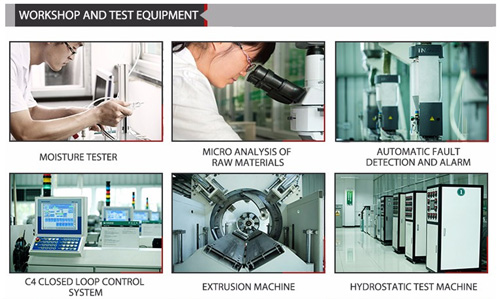
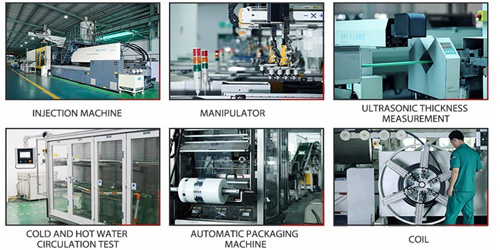
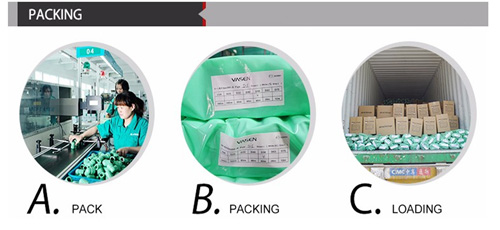
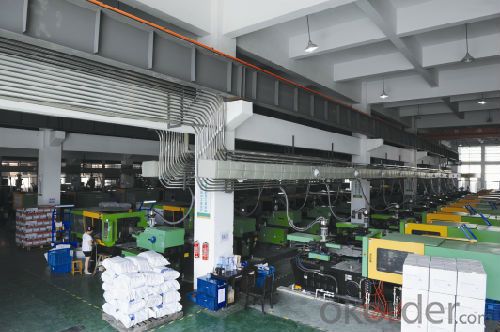
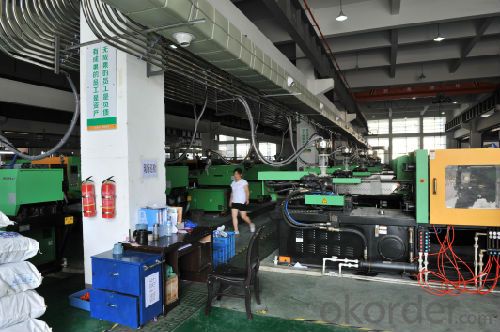
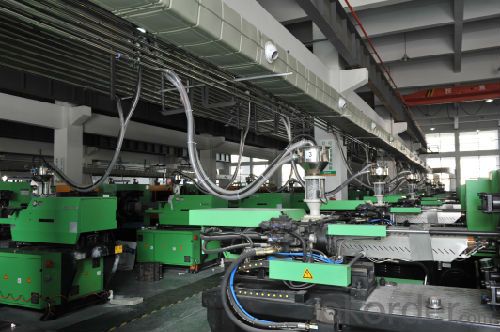
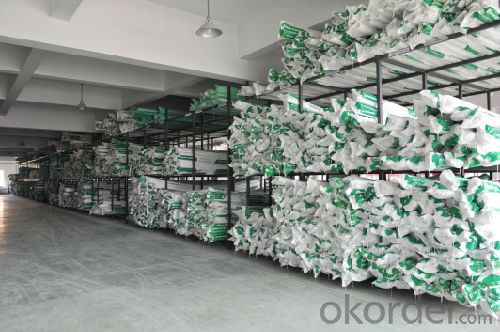
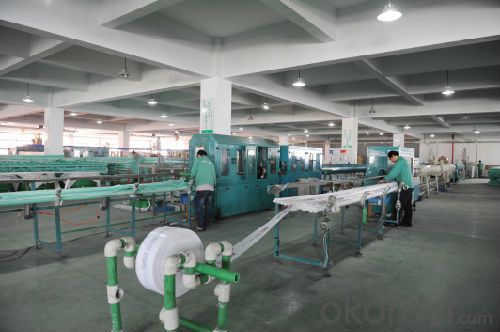
- Q: How do plastic pipe fittings compare to fiberglass fittings?
- Plastic pipe fittings are generally more affordable and readily available compared to fiberglass fittings. However, fiberglass fittings offer superior strength, durability, and resistance to corrosion and chemicals. They are also lightweight and have better thermal insulation properties. Ultimately, the choice between plastic and fiberglass fittings depends on the specific requirements and intended use of the fittings.
- Q: Are plastic pipe fittings resistant to weathering?
- Yes, plastic pipe fittings are generally resistant to weathering. They are designed to withstand exposure to various weather conditions such as sunlight, rain, and temperature fluctuations without deteriorating or losing their functionality.
- Q: How do plastic pipe fittings handle thermal insulation requirements?
- Plastic pipe fittings generally have good thermal insulation properties due to their low thermal conductivity. They help in reducing heat loss or gain and maintaining the desired temperature in a system.
- Q: Are the elbow and three - pipe fittings installed in the water supply and drainage pipes included?
- Indoor and outdoor plastic water supply pipe (hot melt connection) project, the pipeline joint parts are the same way of plastic pipe is connected with the pipeline, including various types of steel (copper) plastic conversion parts, such as other materials fee, the remaining unchanged.
- Q: Can plastic pipe fittings be used in areas with high water pressure?
- Yes, plastic pipe fittings can be used in areas with high water pressure. However, it is important to ensure that the plastic fittings are designed and rated for the specific water pressure requirements of the area. Using fittings that are not suitable for high water pressure can lead to leaks, bursts, or other plumbing issues. Therefore, it is crucial to select and install plastic pipe fittings that are appropriately rated for the water pressure in order to maintain a reliable and safe plumbing system.
- Q: Can plastic pipe fittings be used for fire sprinkler systems?
- Yes, plastic pipe fittings can be used for fire sprinkler systems.
- Q: Can plastic pipe fittings be used for high-pressure systems?
- No, plastic pipe fittings are not generally suitable for high-pressure systems as they may not have the strength and durability to withstand the pressure.
- Q: Are plastic pipe fittings suitable for water parks and pools?
- Yes, plastic pipe fittings are suitable for water parks and pools. They are corrosion-resistant, durable, and can handle the water pressure and temperature variations typically found in such environments. Additionally, plastic fittings are lightweight, easy to install, and cost-effective, making them a popular choice for water park and pool plumbing systems.
- Q: How do you connect plastic pipe fittings to HDPE pipes?
- To connect plastic pipe fittings to HDPE pipes, you can use compression fittings, which consist of a compression nut and a compression ring. These fittings are designed to create a tight seal by compressing the ring onto the pipe when the nut is tightened. This method allows for a secure and leak-proof connection between the plastic pipe fittings and HDPE pipes.
- Q: How do you connect plastic pipe fittings to PVC pipes?
- To connect plastic pipe fittings to PVC pipes, you can use solvent cement or adhesive specifically designed for PVC pipes. This cement is applied to both the fitting and the pipe, creating a strong bond when they are pushed together. It is important to ensure a proper fit, clean the surfaces, and follow the instructions provided by the manufacturer for the best results.
Send your message to us
Plastic Pipe Fittings Lowes CPVC End Cap ASTM D2846 1/2 to 2 CPVC Plastic Cap
- Loading Port:
- Ningbo
- Payment Terms:
- TT or LC
- Min Order Qty:
- 500 pc
- Supply Capability:
- 100000 pc/month
OKorder Service Pledge
OKorder Financial Service
Similar products
Hot products
Hot Searches
Related keywords
